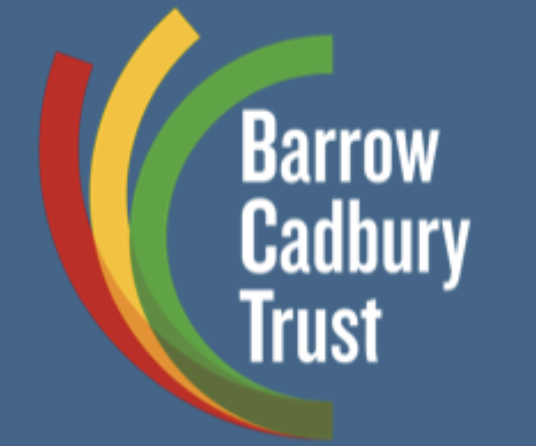The Barrow Cadbury Trust has apologised for “this historic injustice” after discovering the origins of its wealth were derived from the profits of slavery 100 years ago.
Last year the grant giver began looking into the origins of its endowment from the Cadbury company, which was involved with plantations in São Tomé and Príncipe in Africa.
The Trust had thought these plantations involved indentured labour but it has since found out that they used enslaved people from Angola at the end of the 19th century and early 20th century.
Even though the company was alerted to the use of slaves at the latest in 1901 it “continued to profit from this extreme form of exploitation for around a further eight years”, according to a statement from Trust chair Erica Cadbury.
Following last july’s blog about the origins of our endowment, we have realised that the history is far more complex & troubling, & that Angolan people were actually enslaved. The Trust apologises unreservedly for what happened. https://t.co/wEnCRWCWTM
— Barrow Cadbury Trust (@BarrowCadbury) July 7, 2021
The Trust’s endowment was established by Barrow and Geraldine Southall Cadbury in 1920 and originally came from the Cadbury Brothers chocolate and cocoa business in the 19th and 20th century, which “was not free from labour exploitation”, said Cadbury.
She added: “The board and executive team of the Trust recognise the extreme pain and damage done to those people, who were forcibly exploited, taken from their homelands, separated from their children, and many of whom died from their appalling conditions.”
“We apologise unreservedly for this historic injustice and renew our commitment to deepen our engagement with modern day racial inequality across all of our work.”
The Barrow Cadbury Trust is the latest charity sector organisation to address links to slavery this year.
Education charity Sir John Cass’s Foundation rebranded as the Portal Trust to remove Cass’s name from the organisation, which was founded in 1748. Cass was a politician and merchant involved in the slave trade in the 17th and 18th centuries.
The Joseph Rowntree charities have also taken action to tackle their benefactor’s links with slavery and human trafficking.













Recent Stories